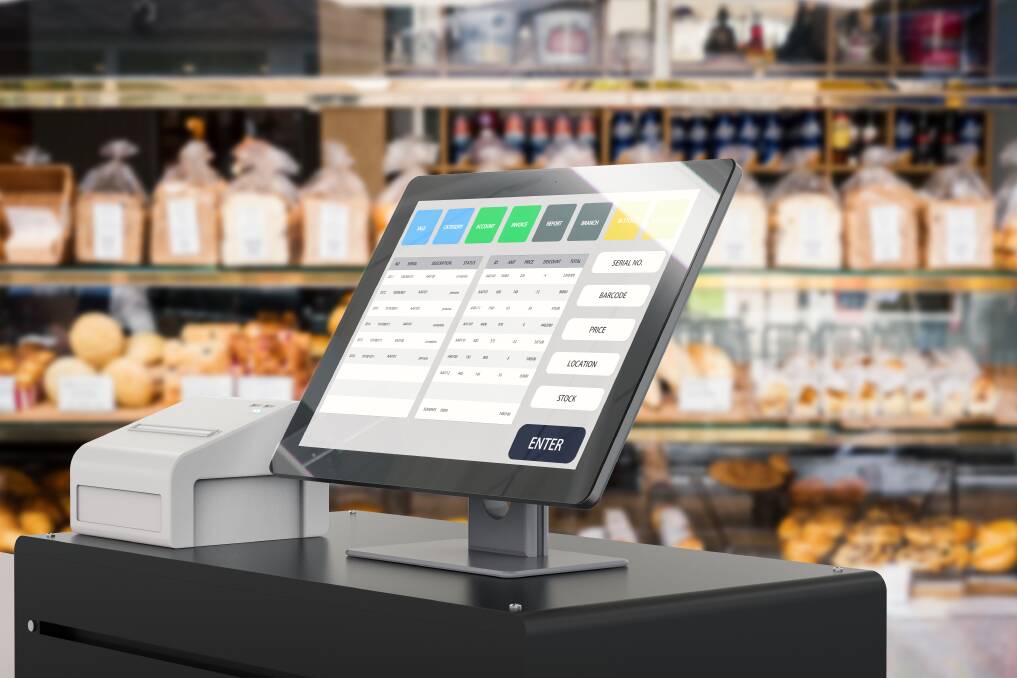The role of a POS system in retail

This is sponsored content for Retail Express.
Point of Sale refers to the point where customers walk into your store and purchase your products. A POS transaction can be in the form of a written receipt, a simple adding machine, a cash register, or a complex computer system.
The most widely used point of sale system by many retailers today is a computerised cash register or a modern POS system.
It is composed of software, a barcode scanner, pole display, and other peripheral devices. POS systems are used in restaurants, hotels, food chains, and liquor stores.
Learn the vital role of a POS system in retail by reading below.
A POS system in retail promotes successful business operations
Point of Sale Systems make the business operations of retail businesses faster and more straightforward.
Just imagine being able to track or monitor real-time inventory, sales, and employee schedule using a trusted and reliable POS system.
It means you'll save money, time, and effort training and paying more employees to do the job, enabling you to focus on the most important aspects of your retail business.
Here are the important considerations when choosing the best POS system for your retail business:
- Price: Consider the monthly fee, payment processing fees, and cost of add-on features
- Ease of Use: Choose intuitive and easy to use POS
- Payment Processing: Look for built-in payment processing and those requiring third-party merchant services
- Inventory Management: Choose inventory management that works for your business niche
- Customer Relationship Management: Choose a POS program that allows you to create customer profiles, loyalty programs, gift cards, and email marketing features
- Employee Management: Consider systems offering staff management like scheduling, user permissions, and time clocks
- Online Sales: Choose a POS software offering built-in e-commerce integrated solutions or support
- Integrations: Manage all aspects of your retail business from bookkeeping, accounting, to marketing with POS integrations
- Customer Support: Consider the level of customer support satisfaction
A POS system in retail improves customer service
Customer service is a crucial element in managing a successful retail business.
More often than not, inventory reflects the tastes and predictions of the business owner instead of the customer.
That's why you have to choose an intuitive retail POS system that can provide you with the knowledge and tools required to deliver excellent customer service.

Here are some ways that your customer service can benefit from choosing the right POS system:
- Give Customers What They Need and Ask For: By knowing the types of inventory you need to order, you can satisfy your customers and increase your sales. You also avoid wasting space and money by understanding the inventory that's not selling with the help of a POS system.
- Increase Transaction Speed: Reduce the time your customers need to wait in long lines by investing in a reliable and safe POS system, which also eliminates human error caused by employees.
- Create Good Customer Rapport: Instead of troubleshooting a malfunctioning receipt printer or fidgeting with different buttons, your staff can help answer customers' questions or engage with customers to establish a good rapport to build customer loyalty and word-of-mouth advertising.
A POS system in retail promotes secure business transactions
When reviewing the best POS system for your retail business, it is important to consider everything, from transaction fees and the monthly cost to ease of use, inventory management, and customer support.
Modern POS software usually operates in the cloud or utilises a hybrid solution to ensure that your data remain accessible from anywhere, are encrypted, and safe.
A POS system in retail decreases manual labor cost
Digital technology makes it possible to take your retail business to a higher level without spending too much on training new employees and labor costs.
A wage rise can blow small retailers tremendously, but a POS system can help reduce the need for hiring extra employees to do the work.
A POS system makes the checking of item prices and calculations faster and automatic, thus decreasing manual labor and reducing labor cost.
Also, if you have massive amounts of inventory, you no longer need to worry about slow transactions due to manual entry or inventory errors.
Integrated barcode scanning helps increase speed and efficiency.
A POS system in retail offers flexible modes of payment
Customers prefer to shop in retail establishments that accept flexible payment options.
Modern POS systems make it easier for retail owners to take different modes of payment, including cash, credit, check, gift cards, EMV chips, and mobile payments.
Conclusion
Decrease manual labor, improve customer service, and offer flexible modes of payment with a reliable POS system.
Also, retail businesses can hasten sales transactions, reduce inventory errors, and focus on marketing with modern POS systems instead of fixing malfunctioning cash registers.
That's why if you're in a retail business, it is essential to have a reliable and secure POS system, which is highly beneficial to achieve your business goals.
This is sponsored content for Retail Express.


